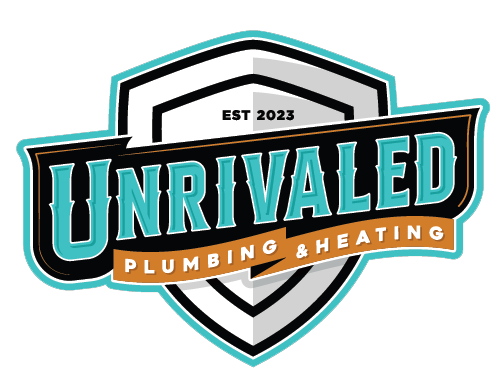Choosing The Water Heater That's Right For You
Choosing and maintaining a water heater might seem daunting, but with the right knowledge, you can make an informed decision and keep your system running.

A reliable water heater is essential for a comfortable home. Whether you’re taking a hot shower, washing dishes, or doing laundry, you need a consistent supply of hot water. But with various types and models available, how do you choose the best one for your needs? And once you’ve made your choice, how do you ensure it stays in top shape? In this guide, we’ll explore everything you need to know about selecting and maintaining your water heater.
1. Types of Water Heaters
Before diving into maintenance tips, let’s break down the main types of water heaters available:
- Tank Water Heaters: These are the traditional models that store a large volume of hot water in a tank. They come in different sizes, typically ranging from 20 to 80 gallons. The tank keeps water heated until you need it. They’re generally less expensive to install but can be less energy-efficient.
- Tankless Water Heaters: Also known as on-demand water heaters, these units heat water only when needed. They are more energy-efficient because they don’t store hot water. They’re compact and can be installed in smaller spaces but often have a higher initial cost.
- Heat Pump Water Heaters: These use electricity to move heat from the air or ground to heat water. They are highly energy-efficient and can be a good choice if you live in a climate with moderate temperatures.
- Solar Water Heaters: These use solar panels to collect and convert sunlight into heat for your water. They’re environmentally friendly and can save you money in the long run but require a significant initial investment.
2. How to Choose the Right Water Heater
Choosing the right water heater involves considering several factors:
- Family Size and Hot Water Needs: Larger families or households with higher hot water demands may benefit from a larger tank or a tankless system with a higher flow rate.
- Energy Efficiency: Check the energy efficiency ratings. An energy-efficient model may have a higher upfront cost but can save you money on utility bills over time.
- Space and Installation: Consider the space where you plan to install the heater. Tankless heaters and heat pump models may be more suitable for smaller areas.
- Budget: Factor in both the initial cost and the long-term operating costs. Sometimes, spending more upfront can lead to greater savings in the long run.
3. Installation Tips
- Professional Installation: While DIY installation might be tempting, it’s usually best to hire a licensed plumber or HVAC professional. Proper installation ensures safety and efficiency.
- Local Codes and Regulations: Check local building codes and regulations to ensure your installation meets all requirements.
4. Maintenance and Care
Maintaining your water heater can extend its lifespan and ensure it operates efficiently:
- Regular Inspections: Have your water heater inspected annually by a professional. They can check for issues like sediment buildup or leaks.
- Flushing the Tank: For tank models, flush the tank regularly to remove sediment that can affect performance. Follow the manufacturer’s guidelines for frequency.
- Checking the Anode Rod: The anode rod helps prevent tank corrosion. Inspect it periodically and replace it if necessary.
- Temperature Settings: Set your water heater to 120°F (49°C) to balance comfort and energy efficiency. Higher temperatures can increase energy consumption and risk of scalding.
- Leaks and Drips: Address any leaks or drips promptly. Even small leaks can cause significant water damage over time.
5. Troubleshooting Common Issues
- No Hot Water: Check the power supply, thermostat settings, and circuit breakers. For tankless heaters, ensure the flow rate isn’t being exceeded.
- Strange Noises: Rumbling or popping noises often indicate sediment buildup. Flushing the tank can help resolve this issue.
- Water Discoloration: If you notice rusty or discolored water, it may be time to replace the anode rod or the heater itself.
Choosing and maintaining a water heater might seem daunting, but with the right knowledge, you can make an informed decision and keep your system running smoothly. Whether you opt for a traditional tank model or a modern tankless unit, regular maintenance and prompt attention to any issues can help ensure you enjoy a consistent supply of hot water for years to come.
Got any questions or tips of your own? Share them in the comments below or give us a call! (970)765-6252






